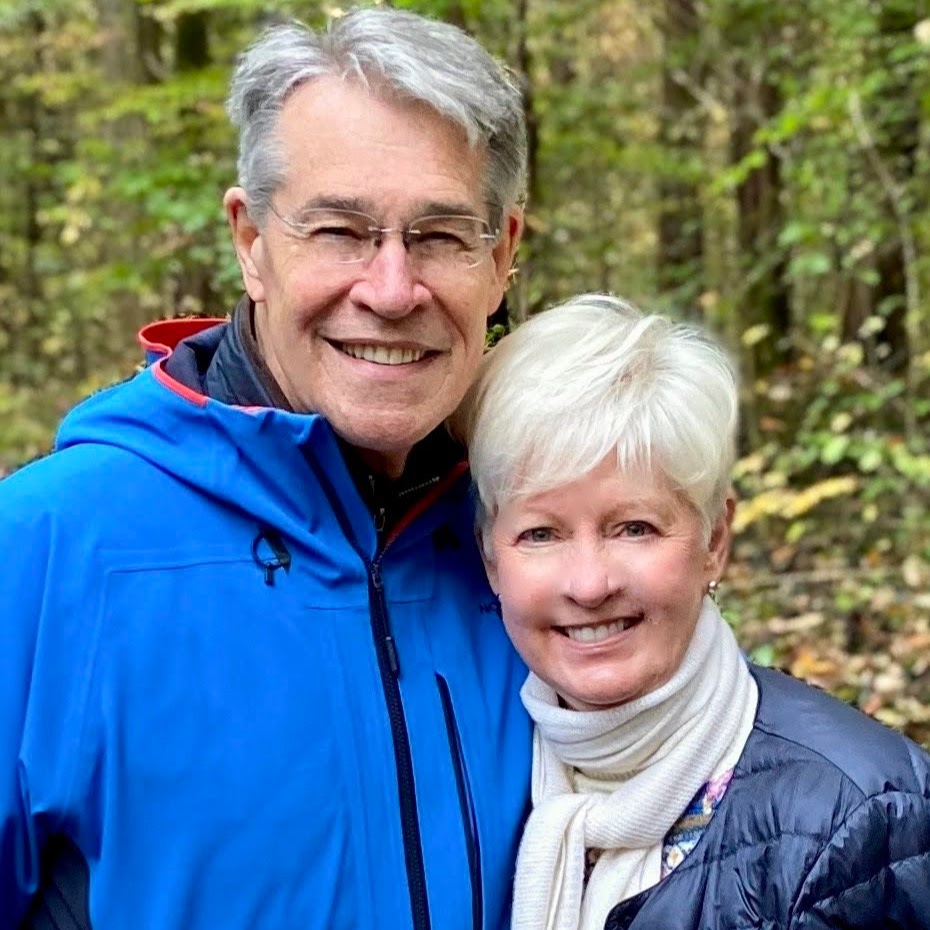
DEBBIE LANPHEAR
A Chance Discovery May Have Saved Her Life
Written By Julia Brabant
March 2022
Diagnosed: April 16, 2021
Status: No Signs of Active Cancer
Debbie Lanphear’s immediate family has an extensive history of heart issues, so when she woke up early one morning in January 2020 with mild chest pain, she knew not to ignore it.
That day, X-rays revealed a spot on her left lung, but no obvious heart problems. She was referred to a pulmonologist for further tests, and he later determined the “spot” was a growth related to histoplasmosis, an infection caused by a type of fungus that is common throughout south-central Kentucky. Given the growing demand on health care services as a result of COVID-19, her doctor advised her to “wait and see” if there were changes.
In June, Debbie saw her cardiologist and underwent numerous stress and diagnostic tests to further rule out heart problems. Both of her brothers and her parents also had serious heart issues, so it came as no surprise when her tests revealed a 96% occlusion in her left main artery (often called a “Widow Maker”). Doctors installed a stent to resolve the blockage.
In the following months, Debbie had no obvious health problems. On February 18, 2021, she and her husband spent a couple of hours shoveling snow off their driveway.
Later that night, she started to cough up small amounts of blood. The next morning, her doctor ordered a CT scan and she continued to cough blood, even during the procedure. Shortly afterward, however, it stopped and she went home.
The next night, during the early morning hours of February 20, Debbie woke up again, coughing up an alarming amount of blood. Her husband called 911, and when she arrived at the hospital, she began to aspirate. Her heart stopped, and nurses performed CPR for two full minutes, miraculously restoring her heartbeat. Doctors intubated and stabilized her, and at the instruction of her pulmonologist, she was airlifted to Vanderbilt University Medical Center.
Over the next several days, doctors ran more tests to determine the source of the bleed. Scans revealed that the nodule in her lung had wrapped itself around an artery, and six days later it was removed by lung resection.
Fortunately, however, scans of her abdominal region also disclosed a spot on her pancreas, which was subsequently determined to be stage two adenocarcinoma, a common, but fast-growing, type of pancreatic cancer.
During the first week of May, she had pancreas resection, removing the tail of her pancreas, her spleen and 21 lymph nodes. Her spleen and twenty of the lymph nodes tested cancer-free.
Debbie’s doctor decided to start her on chemo several weeks after her surgery, but she reacted poorly to the combination of drugs. After four treatments, she developed a serious case of pancreatitis that extended her hospital stay by five weeks. After consulting with the team of oncologists at VUMC, her doctor decided to stop her chemo altogether.
Nonetheless, by January 2022, six months after her last chemo treatment, Debbie’s scans showed no signs of cancer, and her cancer markers were within normal range. She requested genetic testing to see if anything in her genetic makeup might predispose her or her family to cancer.
Genetic tests revealed two genes with what geneticists called “unusual sequencing,” but they didn’t think either indicated a clear path to cancer. Now, as she continues to gain strength, Debbie remains cautiously optimistic. She acknowledges that adenocarcinoma can come back, but for now, she feels good—and grateful.
“I had no obvious symptoms,” Debbie said. “My cardiologist told me that if I hadn’t had the heart cath I wouldn’t have survived cardiac arrest, and my cancer surgeon told me that if I hadn’t had the lung hemorrhage, the spot on my pancreas probably wouldn’t have been discovered in time—that in three or four more months it would have spread to other organs.”
Now, she shares her story with the hope of helping others to know that pancreatic cancer patients have options. It’s not an automatic death sentence, and early detection is the key.
“I’ve spent a year of my life battling this disease, but I’ve gained more time in the process,” she said. “I believe I’ve survived to serve God’s purpose. There must be things He still wants me to do!”



